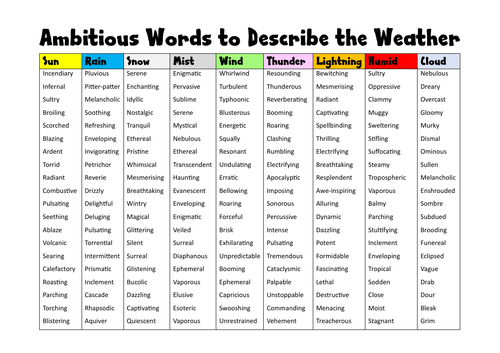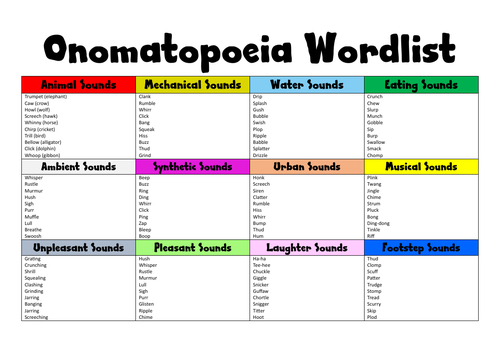387Uploads
90k+Views
51k+Downloads

A Streetcar Named Desire: Notes on Scene 10
47 slide PowerPoint analysing Scene 10 in detail. Includes detailed analysis of 12 quotations from Scene 10 with a focus on Williams’ use of plastic theatre in this pivotal scene. There is also a blank template for students to have a go at exploring the quotations themselves first. Also includes a range of discussions on this critical scene.
Bundle

A Streetcar Named Desire Character Revision Sheets
Revision sheets for the 4 main characters in A Streetcar Named Desire: Blanche, Stanley, Stella and Mitch. Each sheet contains high level analysis of key quotations and stage directions relating to the character.

Stella Quotation Revision Sheet A Streetcar Named Desire
A quotation revision sheet offering high level analysis of 8 quotations for Stella in A Streetcar Named Desire.
Bundle

Macbeth Revision Bundle
Large collection of revision resources on Macbeth covering characters, themes, context, motifs and model exam responses.

Romeo and Juliet 50 Quotations to Revise
Revision notes for 50 carefully selected key quotations from Romeo and Juliet suitable to be used in a wide range of potential exam questions. Analysis is in 3 parts: method analysis, authorial message and Elizabethan context.
Also contains a blank version of the table so students can attempt to analyse the quotations themselves.

Feminine Gospels Revision Booklet
20 page Feminine Gospels revision booklet containing context, revision cards for all 21 poems, detailed revision sheets for key poems, model answers and a list of exam questions.

Free punctuation worksheet
Free worksheet to revise advanced punctuation. Ideal as a starter activity.
Includes an answer sheet.

Prejudice in To Kill a Mockingbird - mid level response
A mid-level response analysing the theme of prejudice in To Kill a Mockingbird.

A Streetcar Named Desire Quiz
Quick and simple 20 question multiple choice quiz on A Streetcar Named Desire. Answers included.

Identifying and commenting on semantic fields in Paper 1 Question 2
A lesson that teaches students how to identify and comment on the impact of semantic fields within the short extract in AQA Paper 1 Question 2 and Paper 2 Question 3.
Students will be familiar with zooming in to analyse the key word choices but they can make a more sophisticated point if they can discuss the combined effect of a range of words which are linked semantically.
This lesson gives students lots of opportunities to practice developing this skill using 6 different extracts.

Macbeth Plot Summary Cloze exercise
A simple cloze exercise for reinforcing knowledge of the basic plot to Macbeth. Answers are on page 2.

Poetic Techniques - Card Match Up Activity
Card match up activity for reinforcing knowledge of 10 poetic techniques. Cut out the coloured cards. Ask students to match the technique to the definition and the example.

Jekyll and Hyde Plot Summary Cloze Exercise
A straight-forward plot summary cloze exercise to reinforce knowledge of the plot to Jekyll and Hyde. Includes the answers on page 2.

Symbols in literature
Students study the list of 40 common symbols in literature alongside their common meanings.
They then move on to complete a multiple choice quiz based on matching the symbols to the meaning.
Ideal for introducing KS2 or KS3 students to the power of symbolism to help make their creative writing more sophisticated.

Similes Worksheets
Two multiple choice quizzes on similes.
Exercise 1 asks students to complete each simile by picking the most apt simile from a choice of 4.
Exercise 2 asks students to identify the feelings evoked by similes.

Identifying the impact of similes
A worksheet activity to help students become more confident with identiying the impact of similes. Each question starts with 'Which simile evokes a sense of …?. Students look at the 4 possible answers and pick the simile that best answers the question. There are 16 questions in total.
Answers are on page 2.

Words to describe the weather
I created this word bank to support my students in their creative writing by providing them with some ambitious words to help describe different weather settings in a sophisticated way. I hope you also find this useful.

Onomatopoeia Wordlist
Students often use cliched onomatopoeic sounds in their creative writing, so I have created this list to help offer students more choice in their use of onomatopoeia.

The Diet Revision Sheet Feminine Gospels
A handy printable revision sheet for this key poem from the Feminine Gospels collection. It improves an overview of the poem and detailed analysis of 10 key quotations from The Diet.

'Because, But, So' Paragraphs for GCSE English literature
If you want your students to write better exam responses which demonstrates more depth to their thinking, you should consider using the ‘because, but, so’ method from the writing revolution.
This resource collates a wide range of exemplar ‘because, but, so’ paragraphs on the most popular GCSE English literature texts for AQA;
Macbeth
A Christmas Carol
Romeo and Juliet
An Inspector Calls
Lord of the Flies.
After studying the wide range of models, students should gain the ability to write their own ‘because, but, so’ paragraphs in the same style.























